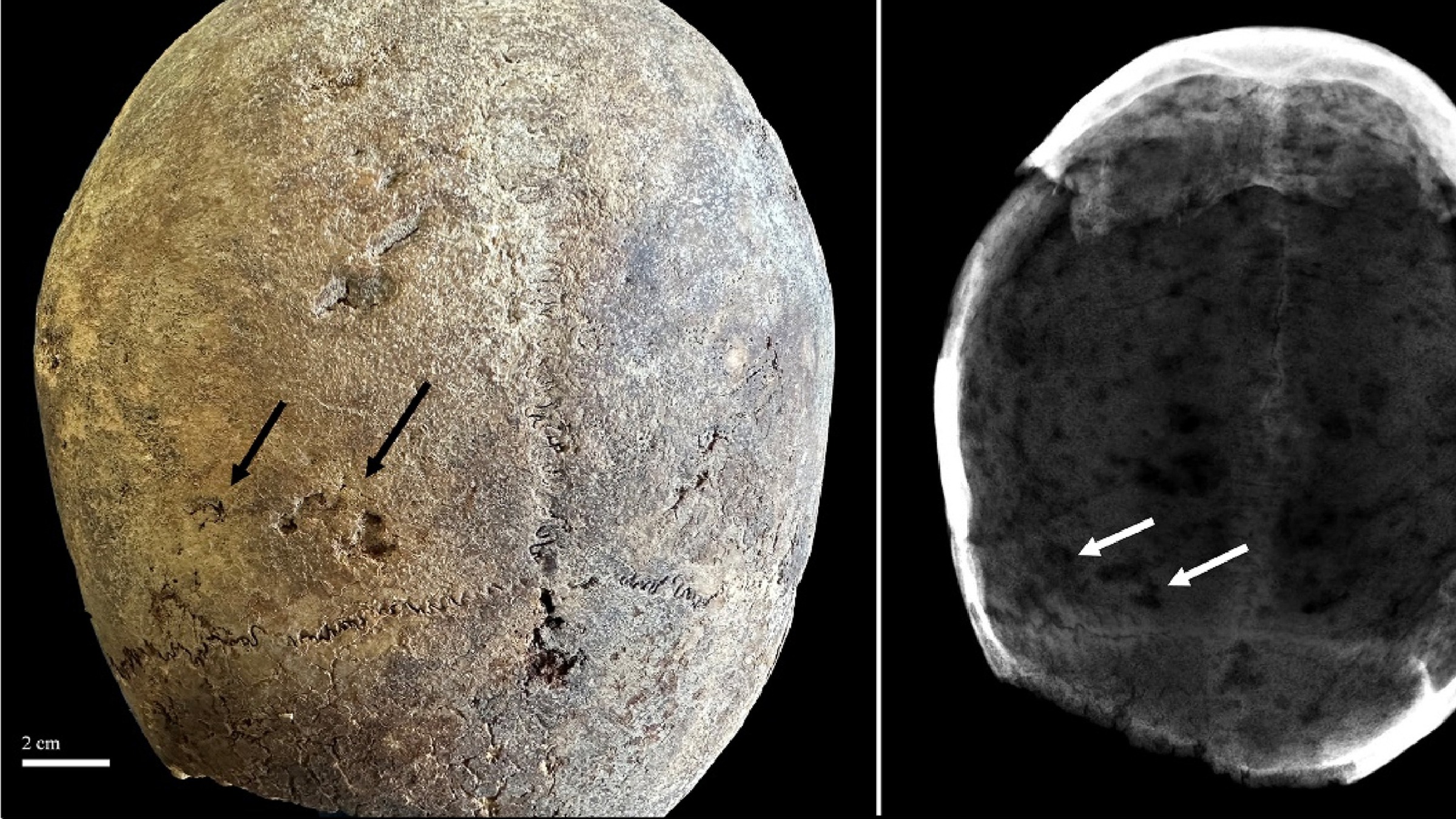JPM, Vol. 14, Pages 717: Coffee Consumption and CYP1A2 Polymorphism Involvement in Type 2 Diabetes in a Romanian Population
Journal of Personalized Medicine doi: 10.3390/jpm14070717
Authors: Laura Claudia Popa Simona Sorina Farcas Nicoleta Ioana Andreescu
Cytochrome P450 1A2 (CYP1A2) is known to be the main enzyme directly responsible for caffeine metabolism. Rs762551 (NC_000015.10:g.74749576C>A) is a single nucleotide polymorphism of the CYP1A2 gene, and it is known mainly for metabolizing caffeine. A significant worldwide health issue, type 2 diabetes (T2DM), has been reported to be negatively associated with coffee consumption. Yet, some studies have proven that high intakes of coffee can lead to a late onset of T2DM. Objectives: This study aims to find any significant correlations among CYP1A2 polymorphism, coffee consumption, and T2DM. Methods: A total of 358 people were enrolled in this study—218 diagnosed with T2DM, and 140 representing the control sample. The qPCR technique was performed, analyzing rs762551 (assay C_8881221) on the LightCycler 480 (Roche, Basel, Switzerland) with Gene Scanning software version 1.5.1 (Roche). Results: Our first observation was that the diabetic patients were likely to consume more coffee than the non-diabetic subjects. People with the AA genotype, or the fast metabolizers, are the least common, yet they are the highest coffee consumers and present the highest glucose and cholesterol levels. Another important finding is the correlation between coffee intake and glucose level, which showed statistically significant differences between the diabetic group (p = 0.0002) and the control group (p = 0.029). Conclusions: The main conclusion of this study is that according to genotype, caffeine levels, glucose, and cholesterol are interconnected and proportionally related, regardless of type 2 diabetes.

 2 months ago
15
2 months ago
15


